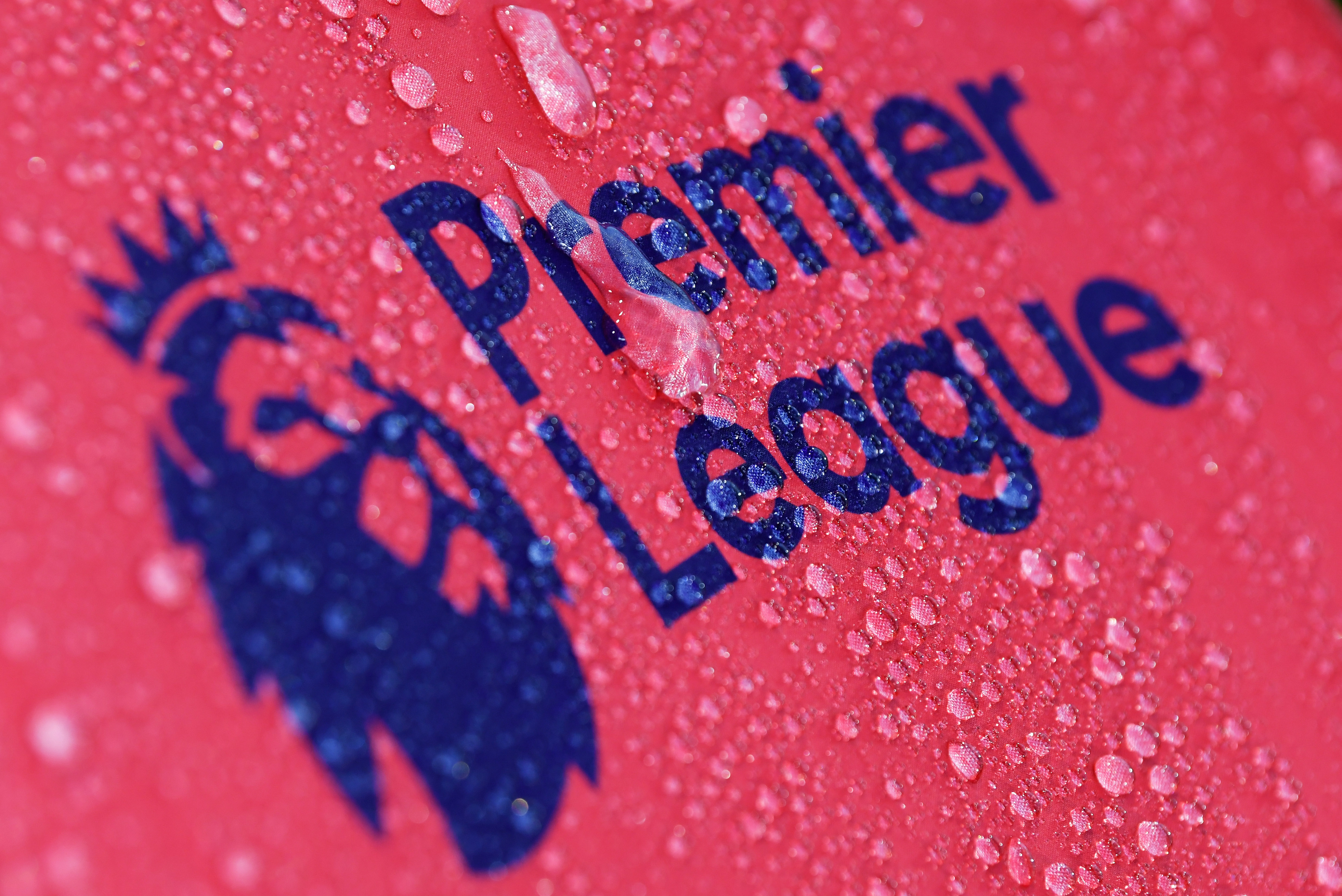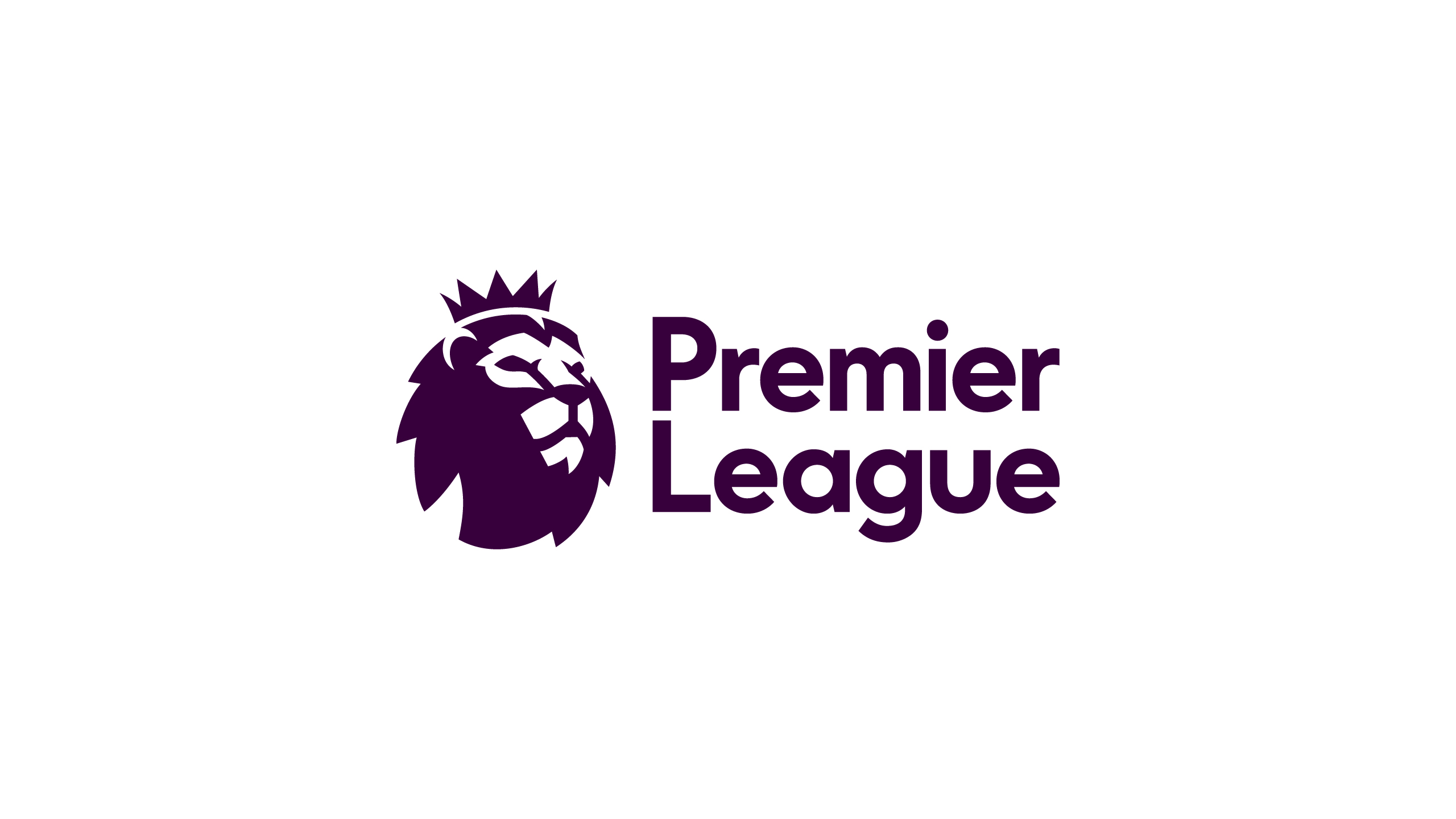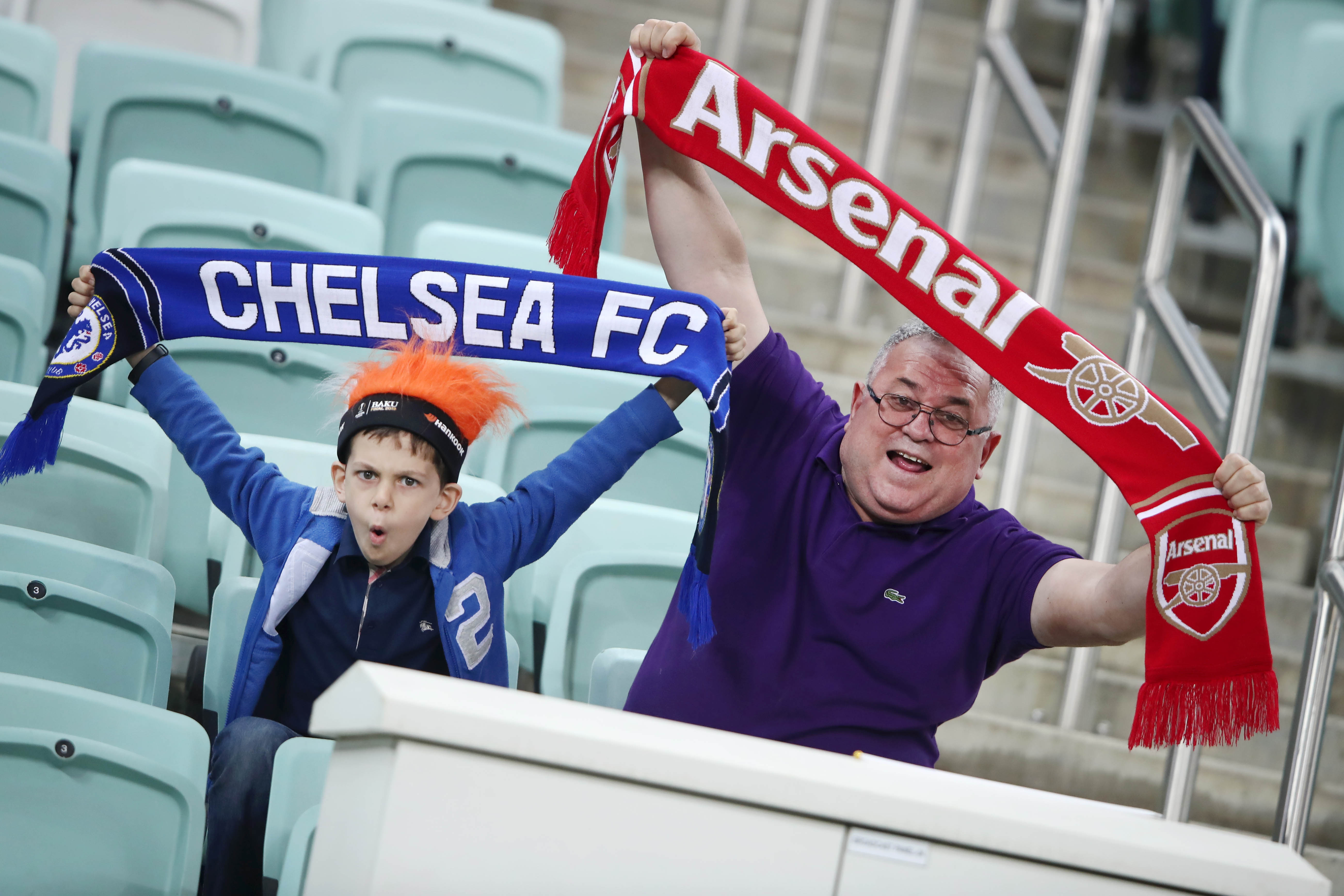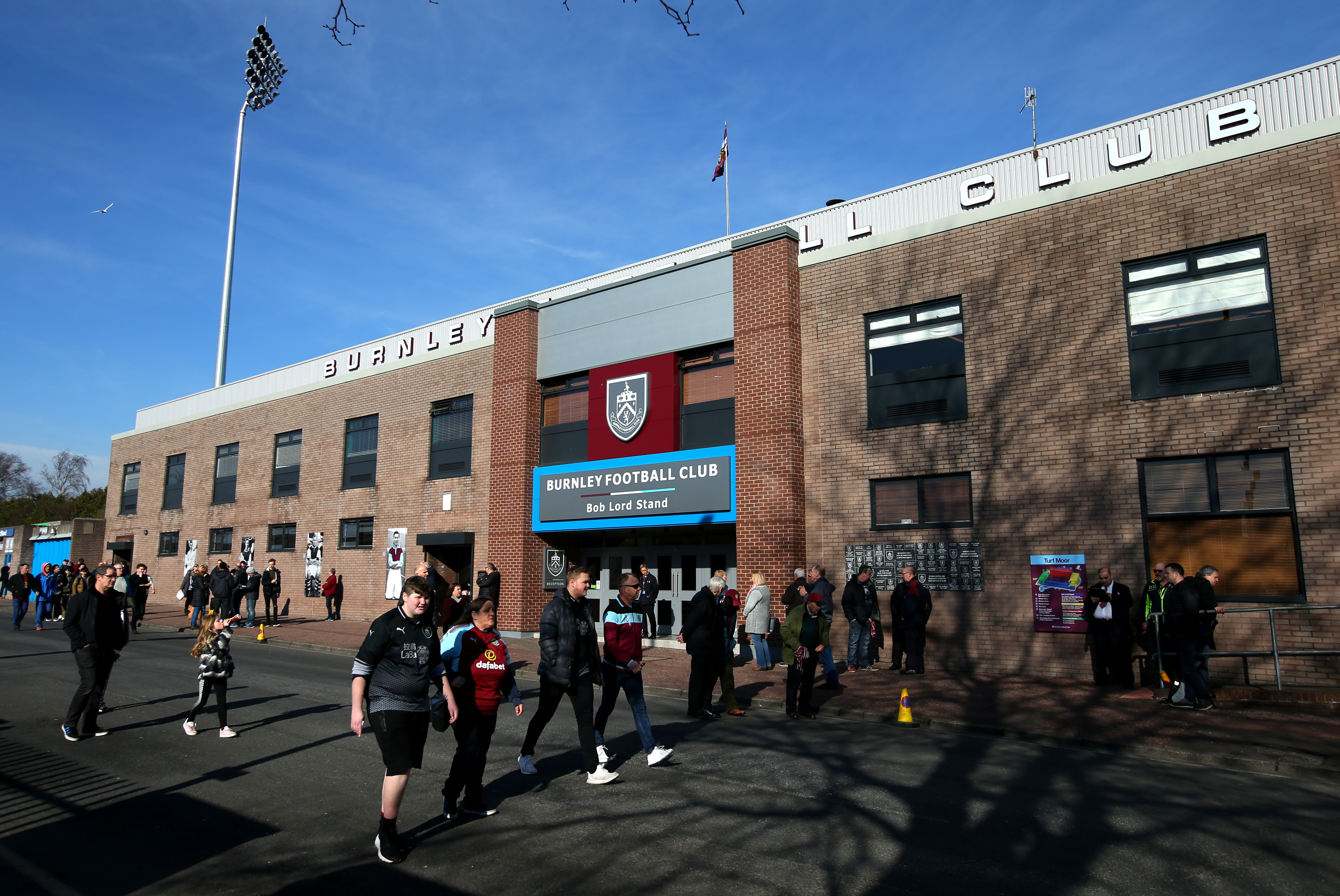Ita s 19th October 2014, and Arsenal FC have just drawn Hull City 2-2. Arsene Wenger wears a vexed, nearly cynical look on his face as BBC reporter Jacqui Oatley asks some somewhat uncomfortable questions. “So you feel you didn’t win the game because they didn’t come out of their half enough?” Oatley asks. Wenger snaps back “I didn’t say that; You don’t listen very well to me.” She persists with “Two wins out of eight matches in the Premier League this season. Who or what do you think is to blame for that?” Wengera s smile gets a little more snide as he retorts “Why do you always want to blame people? I don’t understand the question.” This was 2 weeks after Arsenal had lost 2-0 to Chelsea, a game that involved a touchline shoving match between Wenger and universal arch-nemesis Jose Mourinho.
Things have picked up since then. Arsenal have won an incredible 16 times in their last 18 matches in all competitions. And theya ve have won their last eight League matches, putting them on track to match their best run of nine straight victories. That run took place in 2004, which was of course the era of Wengera s Invincibles. Finally people are looking up and wondering, has something changed? So far everyone assumed this was the same manager and the same team that always finish 4th in the League, and are usually satisfied with this result.
There has in-fact been a change in how Arsene Wenger manages the club. Since it wasna t as explosive as a foreign takeover, nor as in-your-face as anything Jose Mourinho does, most people barely noticed. But this is no longer the same Arsene Wenger as a few years ago.
Evolution, not Revolution
Under Arsene Wenger, there are few big, defining moments. Rather everything is a slow, purposeful progression. The man himself plays the part of a meticulous, calculating manager to perfection. He isna t one for overhauls. Rather, he has been building the club up for many a season now, and there is a feeling that the build-up is nearing its end and he is nearly ready to showcase the finished symphony.
From a financial stand-point, Arsenal are finally where Wenger wants them to be, largely thanks to his brilliant management of affairs over the past decade. Their days of selling their best players seem to be over. In case youa re wondering when this shift happened, it was probably around the 2013/14 season.
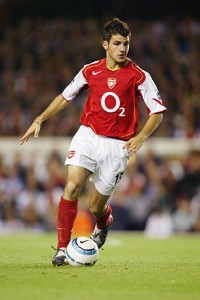
Just look at the major signings of the last 2 seasons:
2014/15: Alexis Sanchez from Barcelona
2013/14: Mesut Ozil from Real Madrid
In these 2 seasons, Arsenala s major exits have been the aging Bacary Sagna, the brittle Thomas Vermaelen, and the exciting but inconsistent Gervinho and Andrei Arshavin.
In the 4 seasons prior to that, the big recruits were:
2012/13: Lukas Podolski from FC Koln, Olivier Giroud from Montpellier, Santi Cazorla from Malaga
2011/12: Alex Oxlade-Chamberlain from Southampton, Mikel Arteta from Everton, Gervinho from Lille
2010/11: Marouane Chamakh from Bordeaux, Laurent Koscielny from Lorient
2009/10: Thomas Vermaelen from Ajax
In these 4 seasons, Arsenal lost Robin van Persie to Manchester United (2012/13), Samir Nasri to Manchester City (2011/12), Cesc F bregas to Barcelona (2011/12), and Emmanuel Adebayor & Kolo Toure to Manchester City (2009-10).
The big jump in the pedigree of the incoming talent is clearly visible, as is the fact that Arsenal stopped selling their best players. Ita s all down to Wengera s astute management, right from his transfer policy to how the new stadium was brought up.
This has allowed Wenger to shift his player development philosophy. There was a time where he was lauded for his ability to take teenagers and develop them into big names. Now hea s focusing on taking big names and turning them into world beaters.
Star Development, Not Youth Development
Arsenala s recent winning run has coincided with a great run of form for 2 players: Francis Coquelin and Mesut Ozil. The perpetual loanee who no one expected much from and the international star who had so far failed to justify the hype around his signing. Two in-form players. Two different examples of the shift in Arsene Wengera s gameplan.
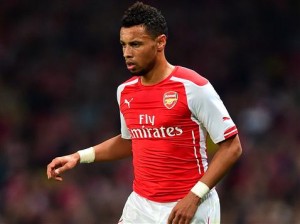 On one hand you have 23-year old Coquelin, Arsenala s monster tackler and interceptor, who has pushed Mathieu Flamini and Mikel Arteta onto the fringes of the team. Hea s been at Arsenal since 2008, so ita s easy to label him as another wonderful product of the Wenger youth policy, but he is anything but. He has not really been groomed as some of Wengera s past successes, but rather just kept around due to a recognition of his potential. After years of bouncing between being on-loan, and being in the reserve squad, and a seasons where he was given only a handful of starts all year, he has finally settled in more by sheer luck and personal perseverance than any planned intent by Wenger. The Frenchman no longer has the patience to groom teenage talents; Coquelin is just a case of someone who hit form at the right place at at the right time, nothing more.
On one hand you have 23-year old Coquelin, Arsenala s monster tackler and interceptor, who has pushed Mathieu Flamini and Mikel Arteta onto the fringes of the team. Hea s been at Arsenal since 2008, so ita s easy to label him as another wonderful product of the Wenger youth policy, but he is anything but. He has not really been groomed as some of Wengera s past successes, but rather just kept around due to a recognition of his potential. After years of bouncing between being on-loan, and being in the reserve squad, and a seasons where he was given only a handful of starts all year, he has finally settled in more by sheer luck and personal perseverance than any planned intent by Wenger. The Frenchman no longer has the patience to groom teenage talents; Coquelin is just a case of someone who hit form at the right place at at the right time, nothing more.
On the other hand you have Ozil, the playmaker who is finally making the sort of impact that was expected of him from day one. When he came in, his talent was undeniable, but there were doubts about how well he would fit into the Premier League. Now finally, well into his second season at the club, Ozil is paying dividends with his performances. And hea s still only 26 years old, so Wenger can get a good 2-3 seasons of peak performance from the German still.
This has been the shift in the Wenger philosophy. Hea s no longer hell bent on only developing teenagers into stars, possibly because hea s seen how these stars are often keen to try a different challenge after a couple of seasons at one club. Hea s now focusing on established talents, and fine-tuning them to help them peak. Ozil, Santi Cazorla and Alexis Sanchez are all examples of this new philosophy. Each was a recognized talent when they came to these shores, and each has improved under Wengera s watchful gaze.
The Way Forward
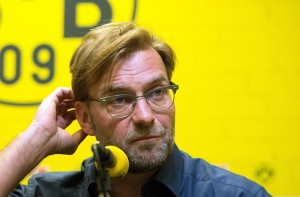
In football, there are few things as foolhardy as attempting to predict the future. But it must be said, it looks like Arsenal and Arsene Wenger are ready to fight for the title next season. There are still areas where reinforcement is needed, but the core of the team as well as the bench are looking very strong. And with the talent drain plugged, Wenger could have a very formidable team on his hand with only a handful of signings.
With Jurgen Klopp announcing that he’s quitting Borussia Dortmund, links to Arsenal have been thrown up, but there is no way Arsene Wenger won’t be at the helm next season.
Ita ll be good to see Wenger going toe-to-toe with the big boys again. Hea ll probably have a thing or two to teach them.


